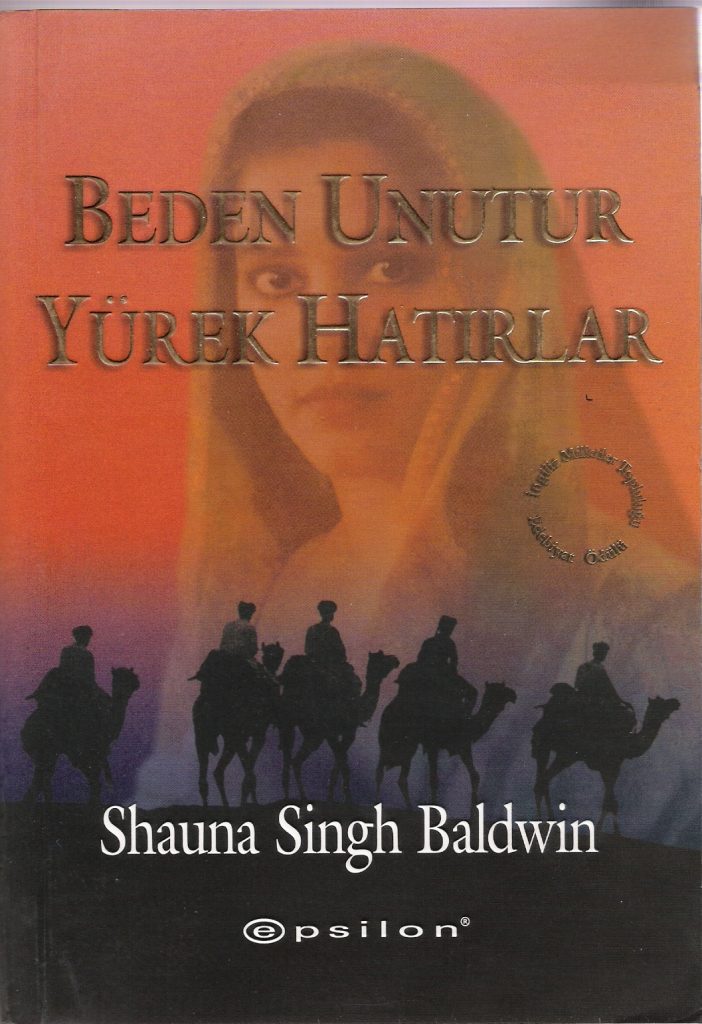

(Author tour)Ī flabby, fervid melodrama of a high-strung Southern family from Conroy ( The Great Santini, The Lords of Discipline), whose penchant for overwriting once again obscures a genuine talent.


Newcomer Baldwin’s theme-the grueling uses to which women’s bodies and spirits are put, and their abuses at the hands of men-combines with the political analogue of India’s struggle for independence to produce a plush, sensuous drama. Upon returning to her childhood home, Roop finds desolation and death-and the place from which she once ached to flee now lost to her. Though the partition of Pakistan fuels talk of a -Sikhistan,- there is no homeland for Sikhs, and so Roop and Sardarji embark on an agonizing 100-page odyssey to Delhi and safety. Ghandi rises to power, and the British yield India. Her heart broken, Satya dies in 1943, as India is seething with tension between Muslim, Hindu, and Sikh factions. When Timcu is sent to Satya as well, Roop can take no more, and insists that Satya be exiled from the household. Roop bears first a daughter, Pavan, who is given to Satya as an expendable misfortune, and then a son, Timcu. Long-suffering Satya is the spiritual core of India Sardarji, clever, argumentative, and self-possessed, betrays her in an echo of his equivocations between his people and his admired superiors. But Satya, a sophisticated, well-mannered woman who resents the English intrusion on her homeland, is anguished by this attractive peasant rival from the village who has stolen Sardarji’s attentions. Sardarji’s childless marriage to Satya has prompted him to seek a fertile second wife. Her prayers seem answered when the Sikh Sardarji, a wealthy, Oxford-educated engineer working for the British, asks for her hand in marriage.

Growing up without a mother in a world in which myths are the only luxury, Roop, an ambivalent Sikh, dreams of escape. A richly textured, often poetic story of one East Indian woman’s tumultuous personal fortunes as they develop against the backdrop of India’s independence.


 0 kommentar(er)
0 kommentar(er)
